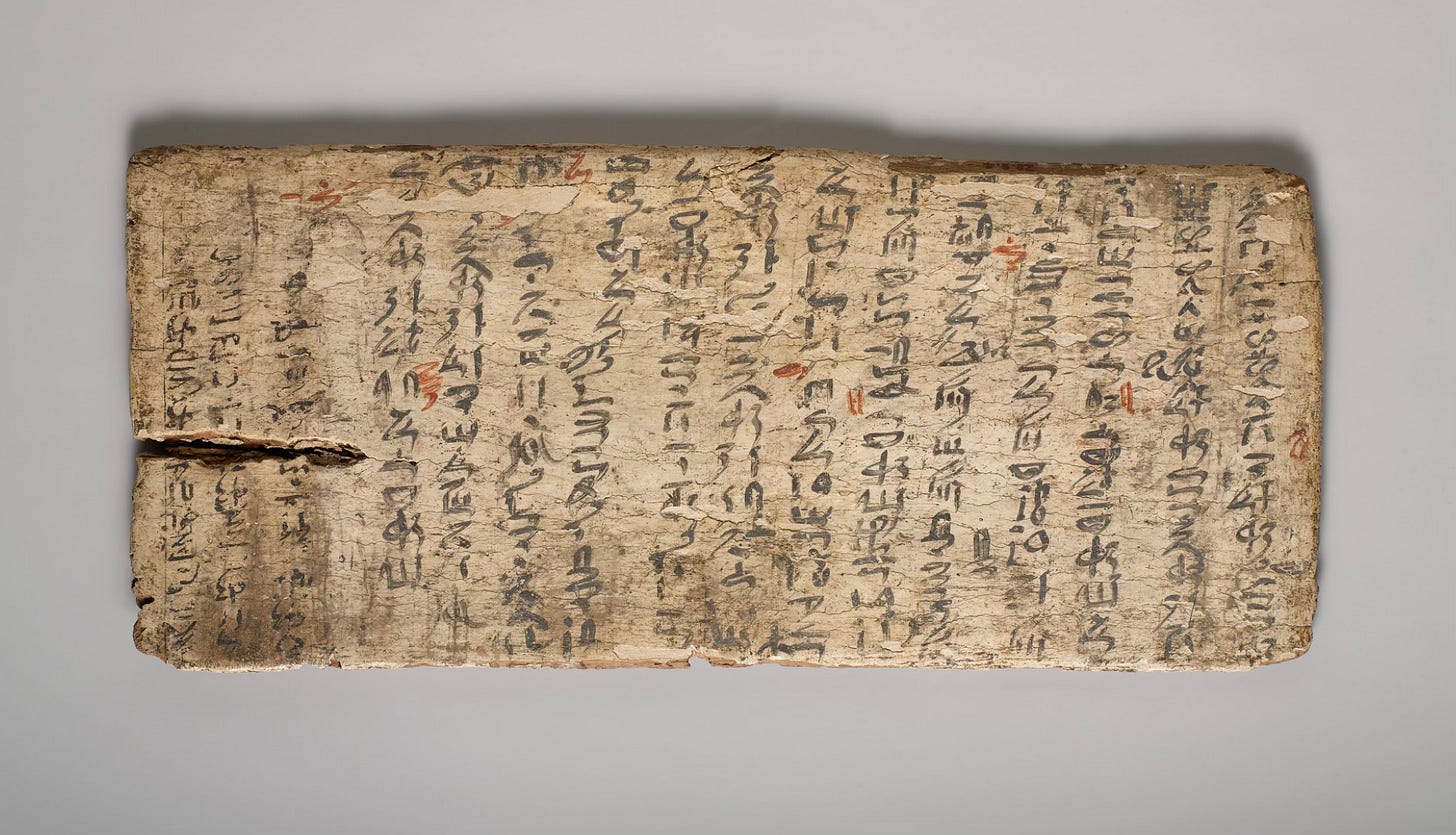“Accomplished.”
On guiding your own writing—with a little help.

For years, eight pink Post-it notes hung over my writing desk. On them my wife had written one-word reminders of what I was supposed to be up to when working on the essays for my new collection. All part of what she refers to as her work as the literal “in-house editor” here. We had some Saturday conversation, and she dashed them off and I taped them to the wall.
In time, sunlight faded the paper a bit. The ink faded. But the words cut sharply as ever in my mind: Evocative. Experience. Becoming. Difference. Don’t explain. Metaphor. Formal experiment. And the very last note rang out with the names of authors I admired and aspired to be in conversation with: Eula Biss, Rachel Cusk, Alex Chee, Joan Didion, James Baldwin, Anne Carson.
The book I was writing wasn’t something that could be hurried into existence. Rather, it had to be lived with and through. We spent as much time talking about patience with the practice as we did the writing on the page. Though I was always writing something, I wasn’t always writing the book. A year or two might pass with no real progress. I had to contend with myself. Then over a period of weeks, I might churn out several pieces in quick succession—with editorial support—and marvel at how easy it all had been.
The Post-its above my desk offered a steadfast reminder of what and how I should be writing. They also reminded me of something arguably more important: There are enough mediocre books in the world, and I shouldn’t add to the pile. If I was going to write and publish a book, it should be something utterly my own, something that stretched me beyond my present capacities to become more empathetic and understanding, more awe-struck, more present, more alive.
And I am very happy to report—thrilled, relieved, astonished—that a book matching my intents now exists. In September and October, I put the finishing touches on the last three essays (look for one coming out from Literary Hub in the next few weeks) and sent the manuscript to my editor at University of Nebraska Press. It is scheduled for a fall 2026 release.
In turn, I continue to hope that in the way the writing stretched me that, perhaps, it may stretch a reader here and there.
Now, for the sake of ending this post, I hope you’ll humor me in describing how after hitting send on the email to my editor, no, I did not carefully remove the Post-its from the wall for safe storage in a box of keepsakes. That’s not what happened. I took the notes down three years ago when we moved house and promptly lost track of them. But editors keep us honest and on track. Yesterday, while cleaning up some old image files on our decade-old, end-of-service-life computer, Rebecca found a photo she had taken of the notes before the move to make sure I wouldn’t lose my way. She emailed me a copy with the subject line: “Accomplished.”
I look forward to sharing more on the manuscript-turned-book with you soon.
Now to begin the quiet search for new concepts, new guidelines—



Congratulations!! I am also amazed and in love with the image of the ancient writing board - the teacher's corrections in red ink, I mean ... in some ways not much has changed in 4,000 years.
Omg yay!!!!